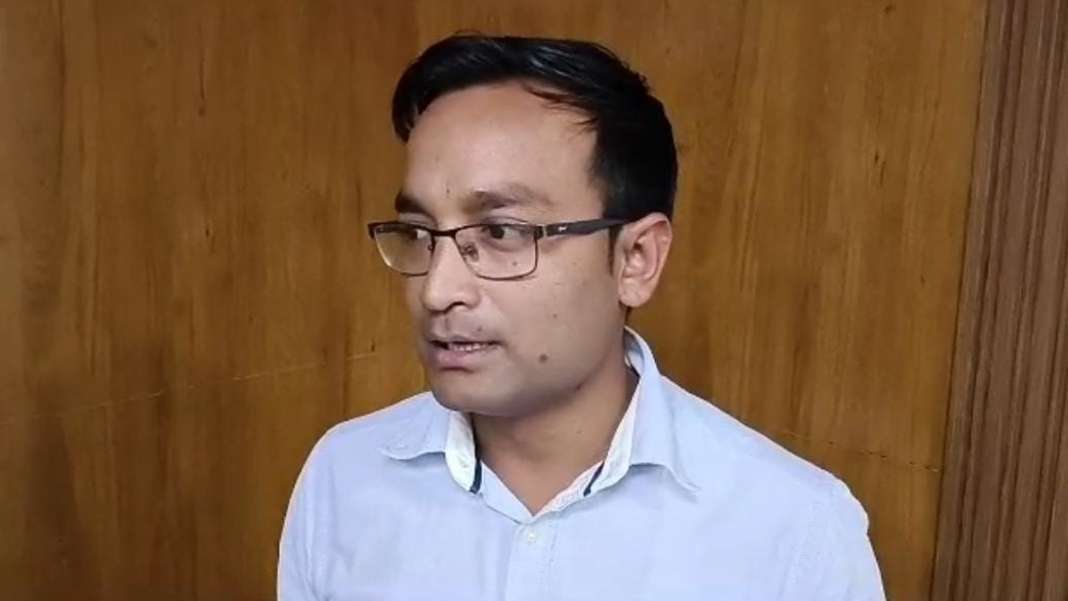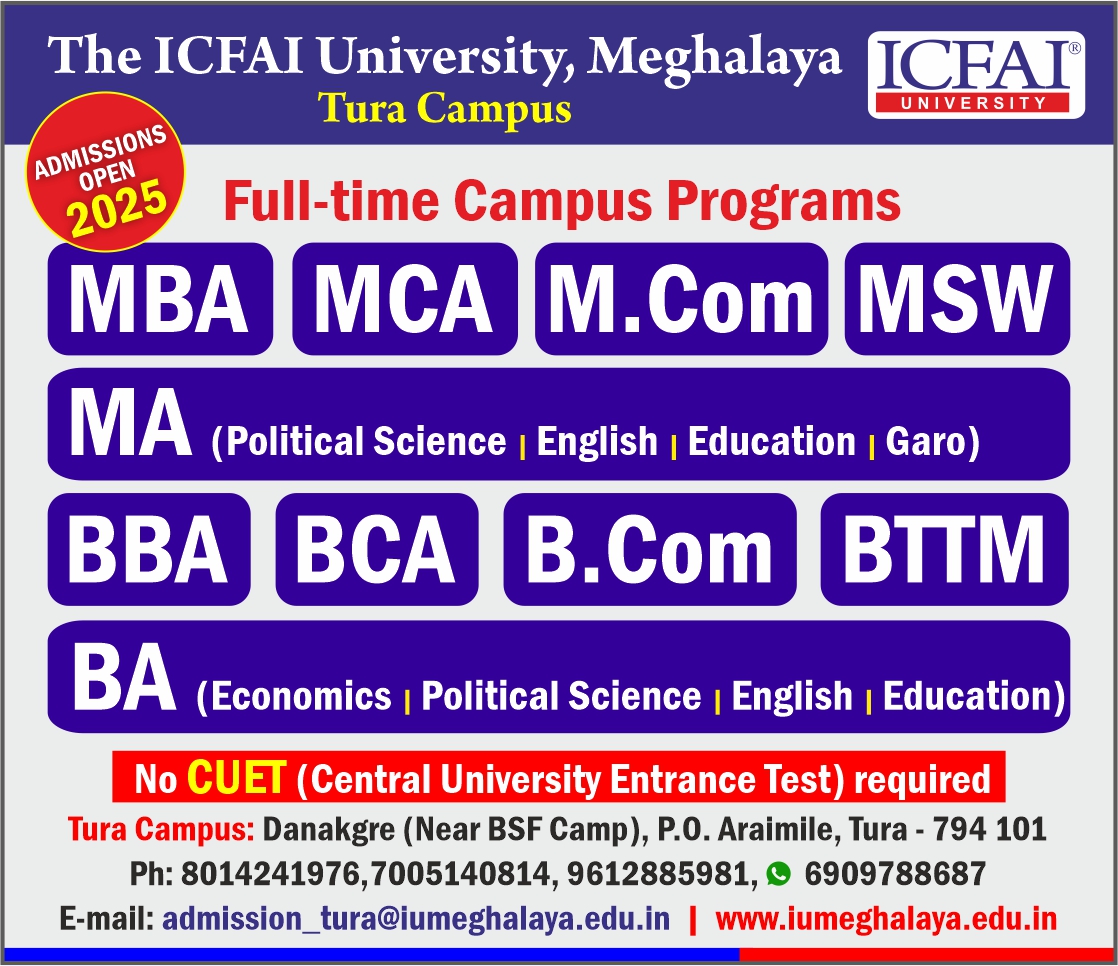Shillong, Aug 14: The Hynniewtrep Youth Council (HYC) has demanded the State Bank of India (SBI) to provide a clarification on the alleged appointment of candidates from Scheduled Tribe (ST) communities of other states against positions reserved specifically for STs from Meghalaya. The group has demanded the clarification within 5 days, failing which it has threatened to hold protests.
The Central Recruitment & Promotion Department of SBI, headquartered in Mumbai, recently announced openings for the position of Junior Associate (Customer Support & Sales) in the Clerical cadre. According to the advertisement, 77 vacancies are available in Meghalaya, of which 33 are reserved for STs, 3 for OBCs, 7 for EWS, and 34 for the General category. The reservation for STs is in accordance with the stipulated guidelines.
Additionally, the positions in question do not allow for Inter-Circle or Inter-State Transfers and are classified as Group-C posts within the service structure.

In a letter addressed to the Deputy General Manager of SBI’s Shillong Administrative Office, HYC President Roykupar Synrem highlighted that candidates from ST communities of other states were allegedly selected for positions intended for Meghalaya’s ST population under the 44% reservation quota. He expressed concern that this decision by SBI effectively deprives Meghalaya’s STs of their rightful opportunities and violates several Supreme Court judgments, as well as the directives issued by the relevant Ministry of the Government of India.
Synrem demanded that SBI clarify the criteria used for these appointments, which appear to contravene established instructions and Supreme Court rulings, within five working days. Failure to do so, he warned, would compel the HYC to initiate protests across the Khasi-Jaintia Hills Districts.
The HYC also referenced several Supreme Court cases, including the 1994 ‘Marri Chandra Shekhar Rao case’, where the Court rejected the argument that members of Scheduled Castes and Scheduled Tribes should receive benefits nationwide. The Court noted that accepting such a claim would render the phrase “In relation to that State” meaningless. Similar judgments were issued in the ‘Action Committee vs. Union of India’ (1994) and ‘Subhash Chandra vs. Delhi Subordinate Services Selection Board’ (2009) cases.
Furthermore, in the 2018 ‘Bir Singh vs. Delhi Jal Board & Ors’ case, the Supreme Court’s five-judge bench ruled that individuals recognized as members of Scheduled Castes or Scheduled Tribes in their original state are entitled to reservation benefits only within that state, and not in any other state or Union Territory.
Also Watch
Find latest news from every corner of Northeast India at hubnetwork.in, your online source for breaking news, video coverage.
Also, Follow us on-
Twitter-twitter.com/nemediahub
Youtube channel- www.youtube.com/@NortheastMediaHub2020
Instagram- www.instagram.com/ne_media_hub
Download our app from playstore – Northeast Media Hub





